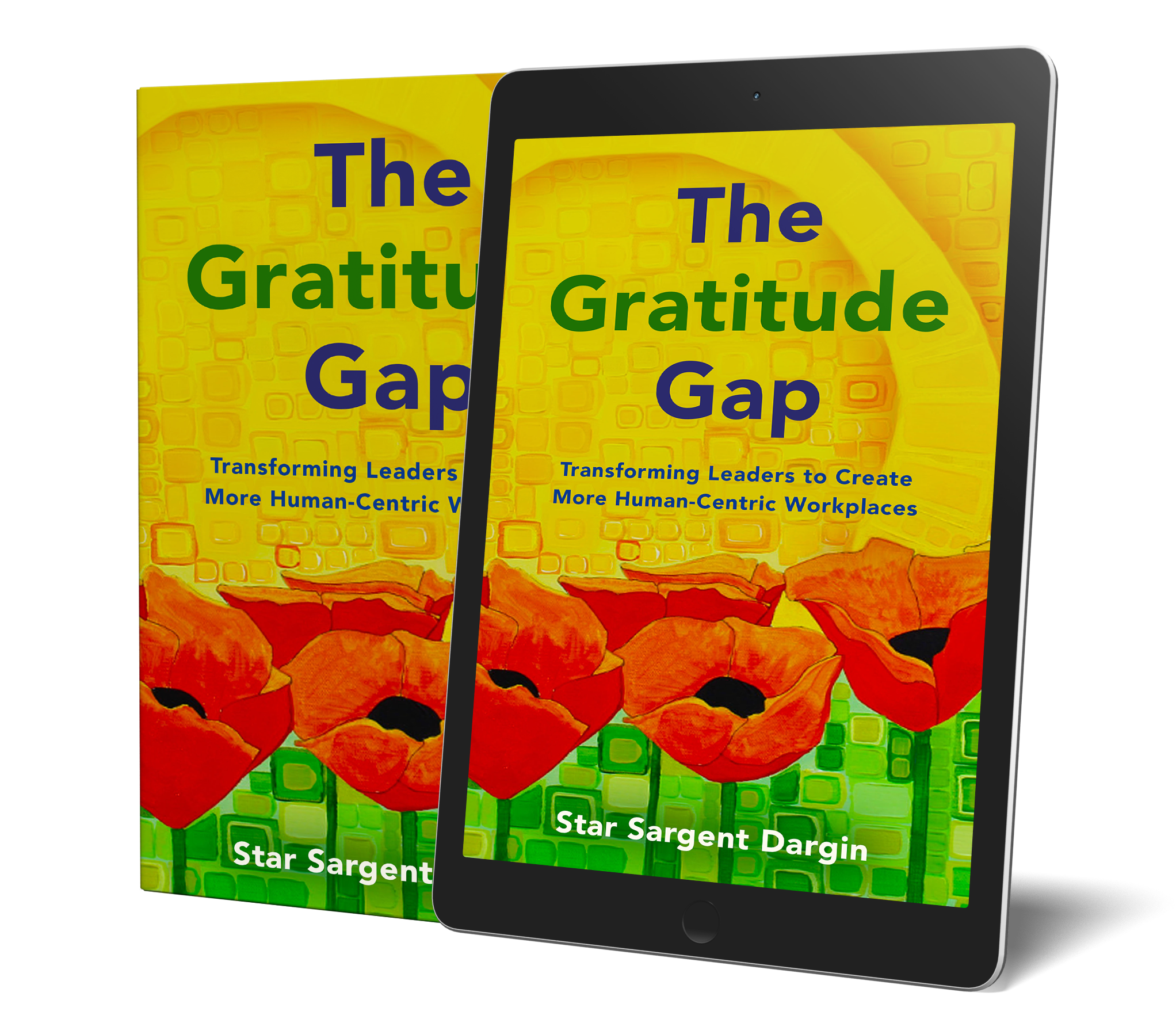Thank you UNH professional development. I enjoyed visiting your Durham, NH campus for the Project Management Conference. It was my first time sharing the gratitude formula, let me know what you think. Here are some questions from the participants.
What about positive toxicity? Toxic positive is described as, “involves dismissing negative emotions and responding to distress with false reassurances rather than empathy.”
- Gratitude must be authentic to receive the benefits of gratitude (success, social, physical, and mental improvements). False gratitude can be unconsciously and consciously picked up, which backfires by causing mistrust and disengagement.
- Here is the gratitude formula, which states you can’t ignore reality and just choose positivity. Gratitude = 180 degrees + PLUS. Gratitude occurs when there is an opposite (180 degrees). Examples: I am grateful for being healthy (I’ve been and know of unhealthy). I’m grateful for having a job I have been unemployed). The PLUS represents, “And” including both states. Acknowledge both states and everything in between. Not dismissing or denying or stepping over either end, including and handling everything between both ends of the 180 degrees, (Facts, beliefs, emotions)
Isn’t being grateful to yourself the most important? Maybe for you. Gratitude is personal in how you define it, feel it, and express it. The question is what do you need to focus on in building your gratitude foundation? Self-gratitude and compassion could be a place to start. Creating an environment of gratitude, cultures of gratitude, or learning behaviors of gratitude could also be starting points.
Can it be as simple as, just being kind to each other? I wish it was and will say a qualified, yes! From science, we know gratitude is contagious. One grateful person can create more. What makes gratitude complex are gratitude challenges and behaviors.
What I think is a kind behavior, may not be to others. I might not be aware of what you think is kind and unintentionally anger you. Saying thank you, is an early learned behavior for many Americans. Americans say thank you more than any place else in the world. In other cultures, it’s considered rude to thank someone for doing their job. So far, I’ve identified fifteen gratitude challenges. One of those is positive toxicity, being addicted to the positive chemicals that gratitude produces and denying, ignoring, and distracting yourself from the negative realities.
What questions do you have about gratitude?

